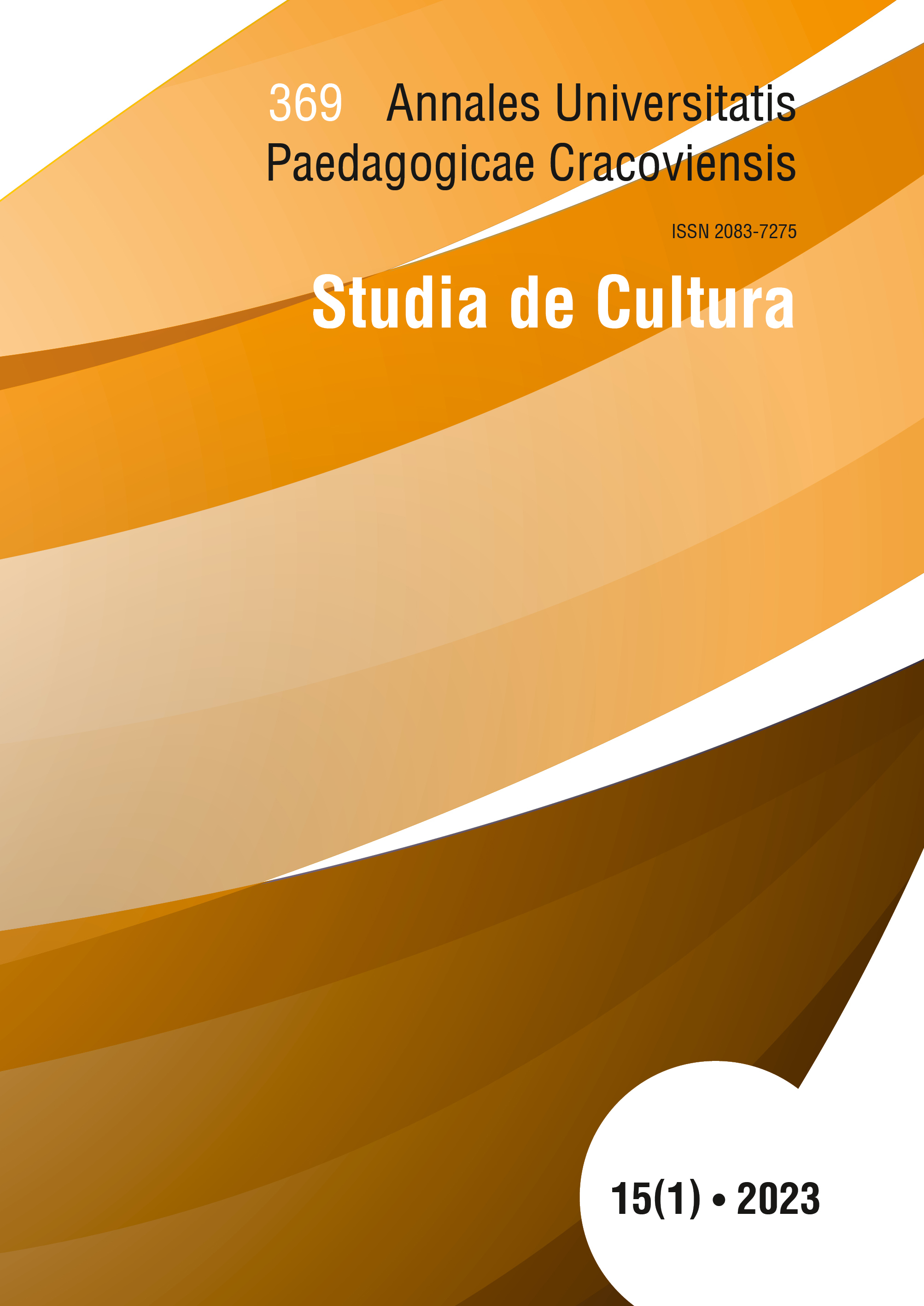Abstract
The purpose of this article is to portray the Internet as a leading platform for the emergence and functioning of postsubcultures. As relatively new social groups, postsubcultures are characterized by contact based almost entirely on virtual communication; however, this is rarely highlighted in the literature on the subject. Thanks to the Internet, it is possible for members of these groups to form bonds. The research is empirical; its subjects are the steampunk and cottagecore postsubcultures.
References
Adamowicz Klaudia. 2013. „Od subkultury do postsubkultury. Zmiany w obszarze dzisiejszej kultury alternatywnej”. Estetyka i Krytyka 29(2). 15–25. https://depot.ceon.pl/bitstream/handle/123456789/6301/Adamowicz_Klaudia.pdf?seque (dostęp: 22.01.2022).
View in Google Scholar
Brand Leah. 2021. „Crafting cottagecore: digital pastoralism and the production of an escapist fantasy”. The Coalition of Master’s Scholars on Material Culture. https://cmsmc.org/publications/crafting‑cottagecore (dostęp: 25.01.2022).
View in Google Scholar
Filipiak Marian. 1999. Od subkultury do kultury alternatywnej. Wprowadzenie do subkultur młodzieżowych. Lublin.
View in Google Scholar
Forlini Stefania. 2010. „Technology and morality: the stuff of steampunk”. Journal of NeoVictorian Studies 3(1). 72–98.
View in Google Scholar
Goffman Erving. 1959. The presentation of self in everyday life. New York.
View in Google Scholar
Muggleton David. 2004. Wewnątrz subkultury. Ponowoczesne znaczenie stylu. Agata Sadza (przeł.). Kraków.
View in Google Scholar
Pęczak Mirosław. 1992. Mały słownik subkultur młodzieżowych. Warszawa.
View in Google Scholar

This work is licensed under a Creative Commons Attribution-NonCommercial 4.0 International License.
Copyright (c) 2023 Annales Universitatis Paedagogicae Cracoviensis. Studia de Cultura

